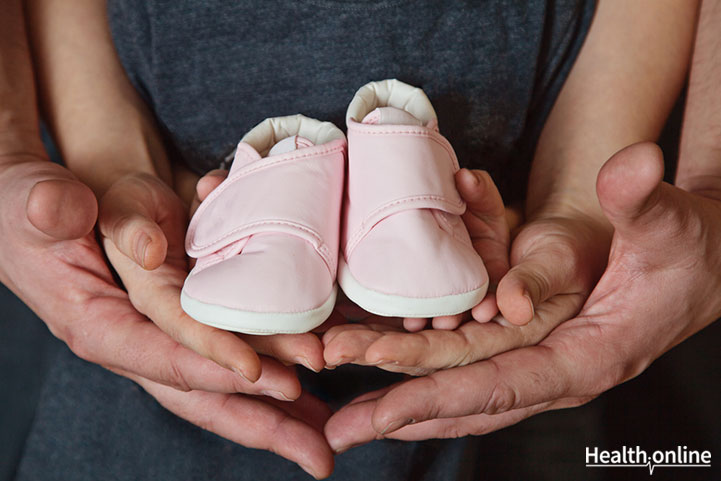
The Right Time to Tell People You’re Pregnant
If there were ever two lines that made people happy by just appearing, they are those that appear on a positive pregnancy test. Now that you know that you are pregnant and have celebrated the good news with your partner, you may proceed to announce the pregnancy by making personal phone calls, surprise visits, or even by directly posting about it on social media. However, before deciding on “how” to make the announcement, isn’t it more important to consider “when” the secret should be revealed? Is it wise to make public the good news as soon as you know that you are pregnant?
While communicating the good news to all near and dear ones may bring forth a horde of wishes and support from various quarters, there is also the possibility of unnecessary heartbreak and disappointment. Sharing the news too early and receiving the shock of a loss thereafter may be emotionally damaging.
While communicating the good news to all near and dear ones may bring forth a horde of wishes and support from various quarters, there is also the possibility of unnecessary heartbreak and disappointment. Sharing the news too early and receiving the shock of a loss thereafter may be emotionally damaging.
In the early stages of pregnancy, the chances of pregnancy loss are the highest. Pregnancy loss within the first 20 weeks is called as miscarriage. Most of these miscarriages occur in the first trimester of pregnancy, generally within 13 weeks. Miscarriages are reported in 10-31% of pregnancies, which implies that one in three to five pregnancies may end in a miscarriage. The risk of miscarriage is further increased due to several factors such as smoking, drug or alcohol abuse, increased maternal age, history of miscarriage, and chronic diseases.
Most miscarriages are attributed to abnormalities in the fetus. These abnormalities may occur during the formation of the embryo (chromosomal abnormalities) and may cause the fetus to stop growing, resulting in fetal death. In some cases, miscarriages may be the manifestation of certain blood or uterine disorders in the mother. However, in a large percentage of cases, especially in cases of recurrent abortions, it may not be possible to identify the exact cause of the miscarriage.
The most common signs of miscarriage are bleeding with or without abdominal pain, followed by a reduction in the severity of usual pregnancy symptoms, such as nausea and vomiting. It is necessary to seek medical attention if any of these symptoms appear, irrespective of the stage of pregnancy. In many cases, the miscarriage may be detected only on ultrasonography, which may show the absence of a fetal heartbeat, the stopping of embryo growth, or an empty gestational sac.
The rate of miscarriage drops to about 1-5% in the second trimester. Loss of pregnancy in the second trimester is usually related to maternal factors, such as a weakness of the uterine musculature. The loss in the last trimester usually results as stillbirth; this mainly occurs due to uncontrolled maternal complications, such as diabetes or hypertension, or fetal complications, such as a knot in the umbilical cord or nutritional deficiency.
Therefore, as excited as you may be, it would be wise to wait for the completion of the first trimester, i.e., until the end of the 13th week and get used to the changes in your body , before you announce your pregnancy to your friends and well-wishers. Nevertheless, it is also important to remember that sharing the news with your partner, close friends, and family may be necessary to rope in support during the early trimester, when the symptoms, such as morning sickness, may be at their worst. Additionally, it is important to seek antenatal care during the early weeks so that you can receive credible advice about the do’s and don’ts of pregnancy.
In a nutshell, once you know you are pregnant, wait before you share the good news till the end of the first trimester, after which the risk of pregnancy loss is significantly low.




